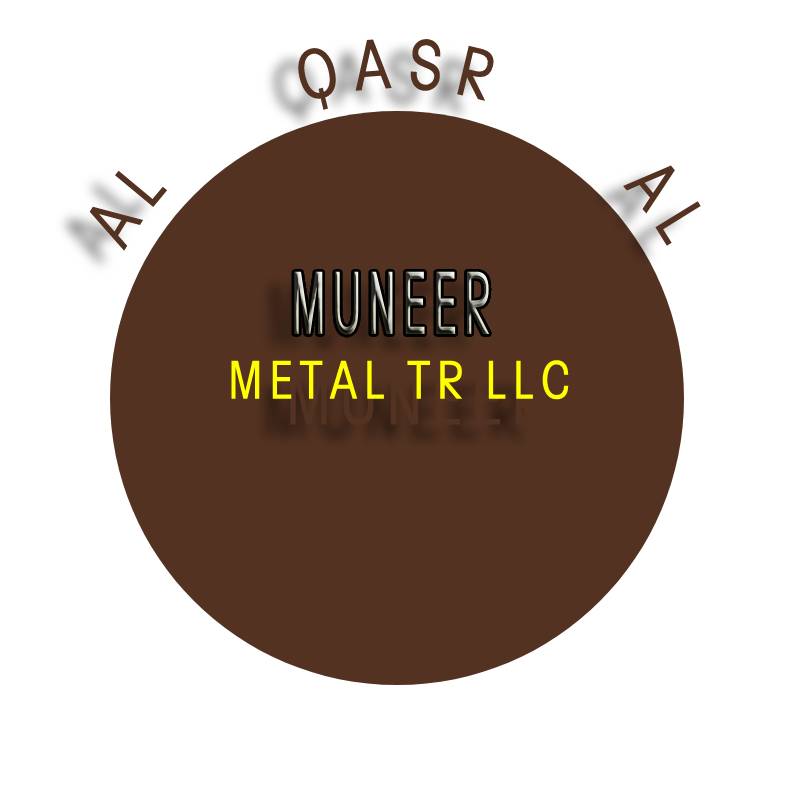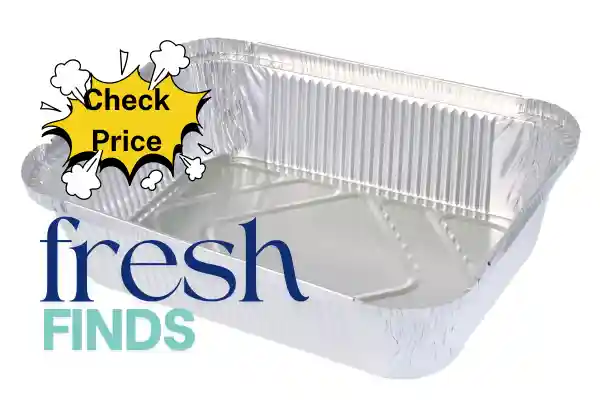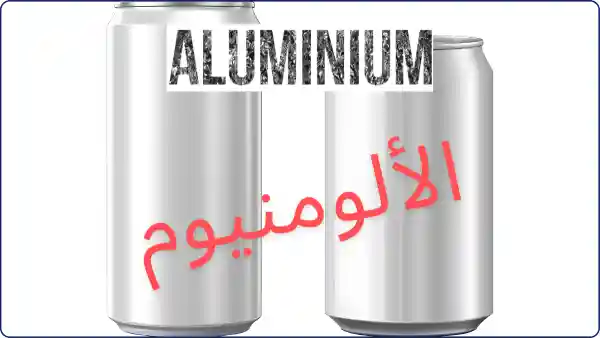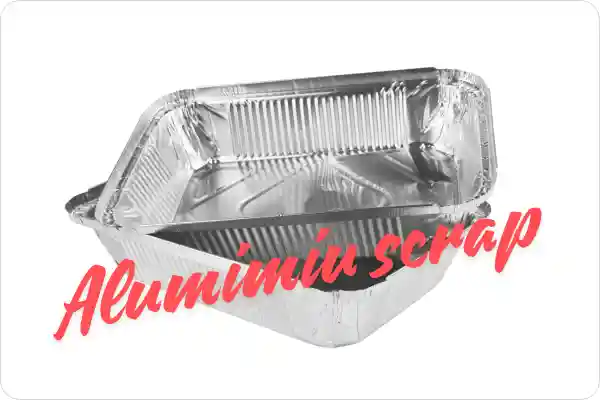Scrap Aluminum: Collection in the UAE, Definition, Uses, Market Value, Selling Options, and Importance
Aluminum is a lightweight, non-corrosive metal widely used in our daily lives, from packaging and transportation to construction and technology. As industries and households consume aluminum based products, a significant amount of aluminum waste, known as scrap aluminum, is generated.
What is scrap aluminum
Scrap aluminum refers to any discarded aluminum material that can be recycled and reused instead of being thrown away. This includes items like used beverage cans, window frames, car engine parts, and kitchen utensils.
In the United Arab Emirates (UAE), where urban development, construction, and manufacturing industries are booming, the collection and management of aluminum scrap have become critical for both environmental and economic reasons.
Aluminium scrap
Scrap aluminum is not waste in the traditional sense. It retains its value even after use because aluminum can be melted down and reused endlessly without losing its quality. This makes it a highly recyclable material. When businesses and industries generate aluminum waste during their operations.
Aluminium scrap Collection
It is often sorted and collected for recycling. Similarly, households that discard aluminum cans, foil, or appliances also contribute to the growing pool of recyclable aluminum. Scrap collectors and metal recycling companies in the UAE help gather this material, ensuring it doesn’t end up in landfills.
Although some companies do not recycle aluminum themselves, they play an important role by collecting and selling it to specialized recycling plants.
Use of Aluminium
The use of scrap aluminum is widespread across various industries. In the construction sector, recycled aluminum is used to manufacture window frames, door panels, roofing sheets, and cladding materials. Builders prefer using aluminum because of its strength, durability, and resistance to rust.
In the automotive industry, aluminum scrap is transformed into car parts such as wheels, body panels, and engine components. Because aluminum is lighter than steel, it helps improve fuel efficiency in vehicles. The aerospace industry also uses high-quality recycled aluminum for aircraft structures where weight plays a vital role in performance and safety.
Packing industry
In the packaging industry, aluminum is often used to make beverage cans, food trays, and household foil, all of which can be recycled easily and made into new packaging materials.
Lastly, everyday consumer goods like laptops, mobile phones, kitchen utensils, and furniture also contain recycled aluminum components, showing how scrap aluminum is reintroduced into everyday life.
In the UAE, selling scrap aluminum is a common activity among scrap collectors, industrial units, and even small businesses that want to earn value from waste. Numerous metal scrap yards and trading companies operate across the country, especially in industrial zones in Dubai, Sharjah, and Abu Dhabi.
These companies purchase scrap aluminum based on weight, cleanliness, and type. For instance, clean aluminum sheets or wire fetch higher prices compared to contaminated or mixed aluminum. If you are a business generating aluminum waste regularly, you can contact a registered scrap collection service to schedule regular pickups.
Some of these services also offer bulk collection facilities for factories, workshops, and construction sites. For individuals or small businesses, scrap can be delivered directly to local scrap yards where it is weighed and paid for immediately. With the right approach, selling scrap aluminum can generate additional income while also reducing environmental pollution.
The value of scrap aluminum in the industry depends on several factors such as the global market price of aluminum, the quality and type of scrap, and the demand from recycling facilities. On average, scrap aluminum holds significant market value because it is cheaper and more energy-efficient to recycle than to produce new aluminum from raw materials.
Recycling aluminum uses only five percent of the energy required to produce it from bauxite ore. This cost-saving benefit encourages industries to rely on recycled aluminum whenever possible. In the UAE, where energy and resource efficiency are prioritized under national sustainability programs, the use of recycled aluminum is strongly encouraged.
The country also exports large quantities of aluminum scrap to international markets, including India, Italy, Saudi Arabia, and South Korea. In 2018 alone, the UAE exported aluminum waste worth over $300 million, making it a key player in the global scrap metal trade.
The importance of aluminum scrap collection goes beyond its financial benefits. Environmentally, recycling aluminum helps reduce the volume of waste sent to landfills. It also lowers greenhouse gas emissions and conserves natural resources, as no new raw materials are needed when scrap is reused.
From an industrial perspective, aluminum recycling supports the circular economy—a system where materials are reused and recycled continually, rather than disposed of after a single use. For countries like the UAE, which are investing heavily in green infrastructure, smart cities, and sustainability goals
Aluminum recycling helps fulfill environmental commitments while supporting industrial growth. It also creates job opportunities in the scrap collection, transportation, and processing sectors.
Recycling aluminum also supports the concept of zero-waste manufacturing. Many companies in the UAE are adopting waste-reduction strategies to align with green certification programs like LEED (Leadership in Energy and Environmental Design).
By selling scrap aluminum and using recycled content in production, these companies not only improve their environmental performance but also reduce production costs. The practice of recycling aluminum is therefore becoming an integral part of business operations, especially in construction, automotive, packaging, and electronics sectors.
In addition to domestic benefits, aluminum scrap collection plays an important role in global sustainability efforts. The demand for recycled aluminum is growing worldwide due to its environmental and economic benefits. As international regulations and climate policies push for greener manufacturing processes, recycled aluminum is becoming a preferred material.
The UAE’s role as both a consumer and exporter of aluminum scrap places it in a strategic position to contribute to international recycling goals. To summarize, scrap aluminum is more than just discarded metal. It is a valuable industrial asset that can be reused across multiple sectors, from construction to packaging and transportation.
It is generated in large volumes across the UAE, thanks to the country’s fast-paced development and strong industrial base. Collecting and recycling aluminum scrap not only helps businesses and individuals earn income, but also supports environmental sustainability.
Scrap yards and collection services across the UAE make it easy to sell aluminum waste, and the high market value of this metal ensures that it remains in demand. As the UAE continues to promote a circular economy and green development, aluminum scrap will play an increasingly important role in achieving national and global sustainability targets.
If you have scrap aluminum to sell, consider connecting with a licensed scrap collection company that offers competitive pricing and proper documentation. Doing so will ensure that your aluminum waste is processed responsibly, contributing to a cleaner environment and a stronger recycling industry.
Whether you’re a manufacturer, construction contractor, or a homeowner with some spare metal, your contribution to recycling aluminum helps reduce resource consumption and supports the UAE’s path toward a more sustainable future.



